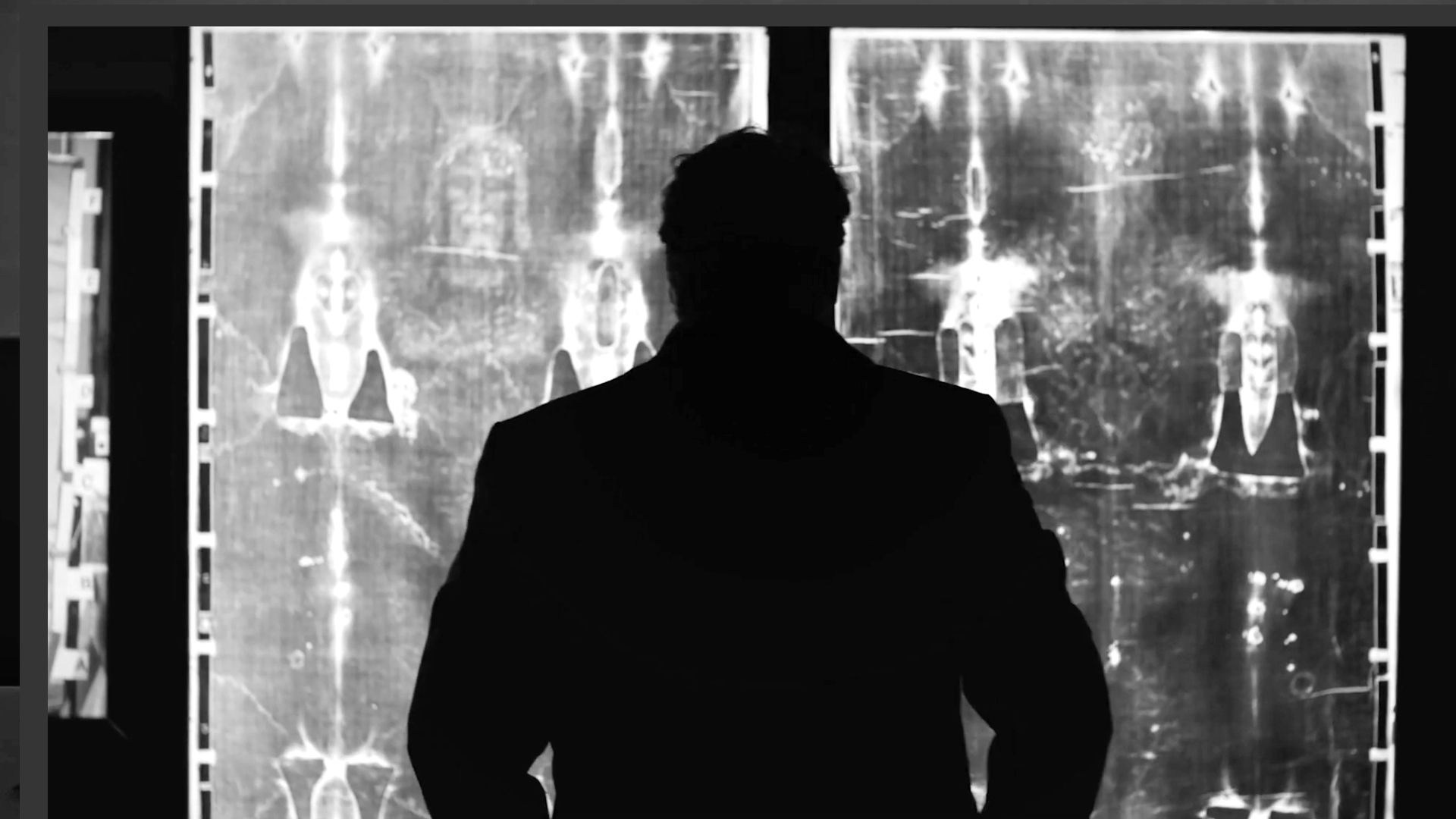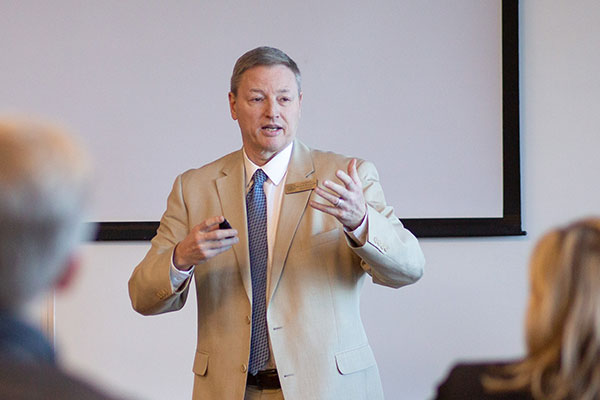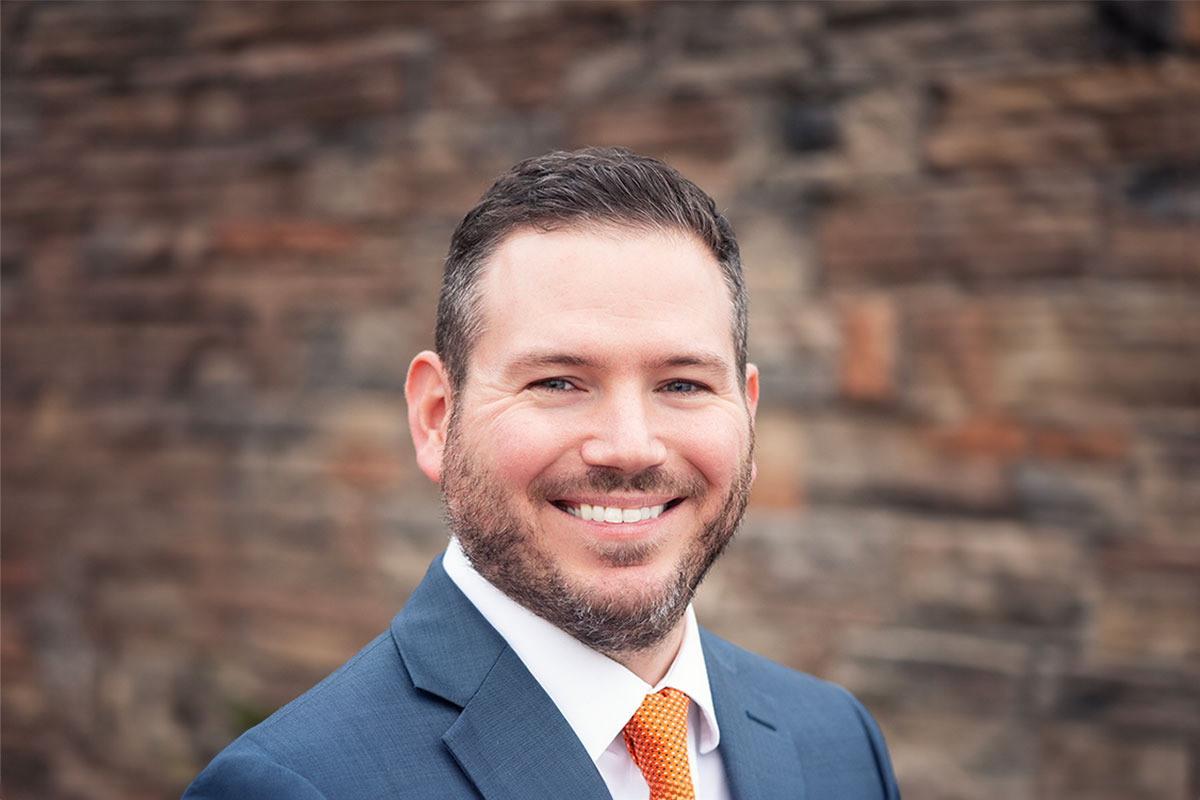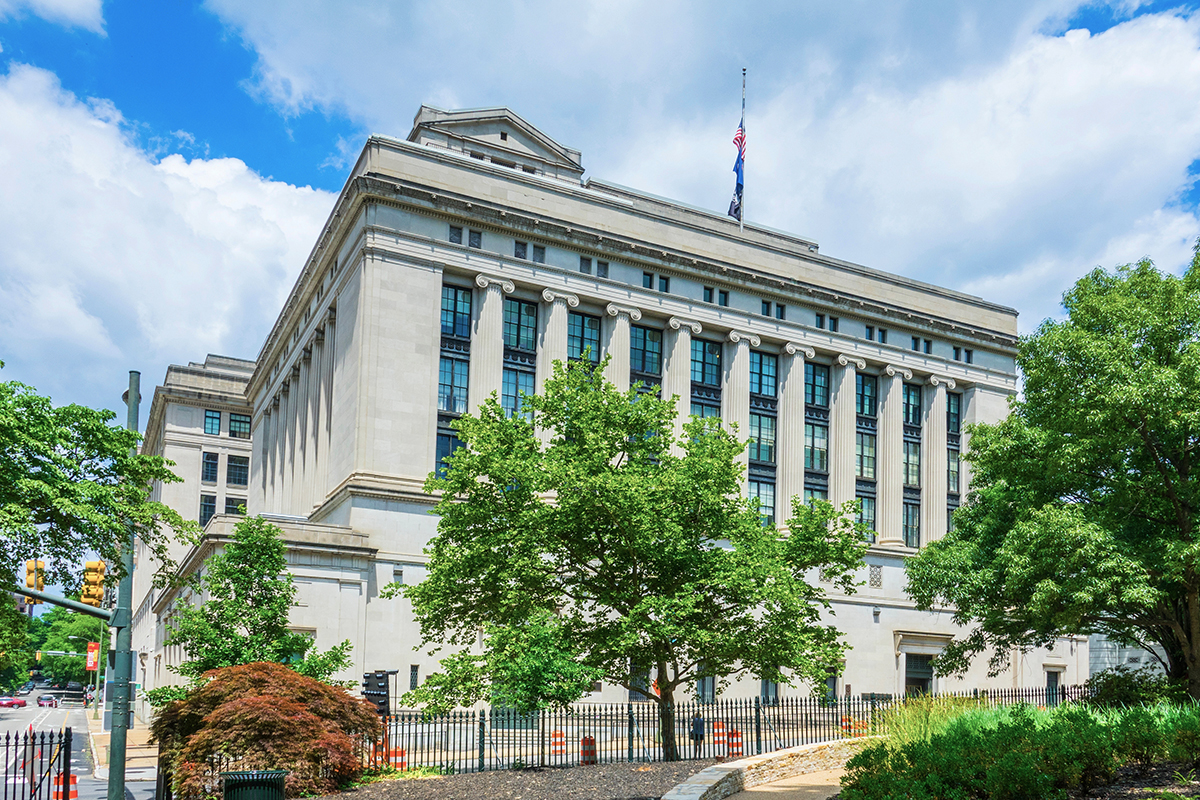Search News Archives
Filter News Articles
Additional Navigation
Leading apologist takes part in Shroud of Turin film, releases first volume in new work on the resurrection
January 26, 2024 : By Christian Shields - Office of Communications & Public Engagement
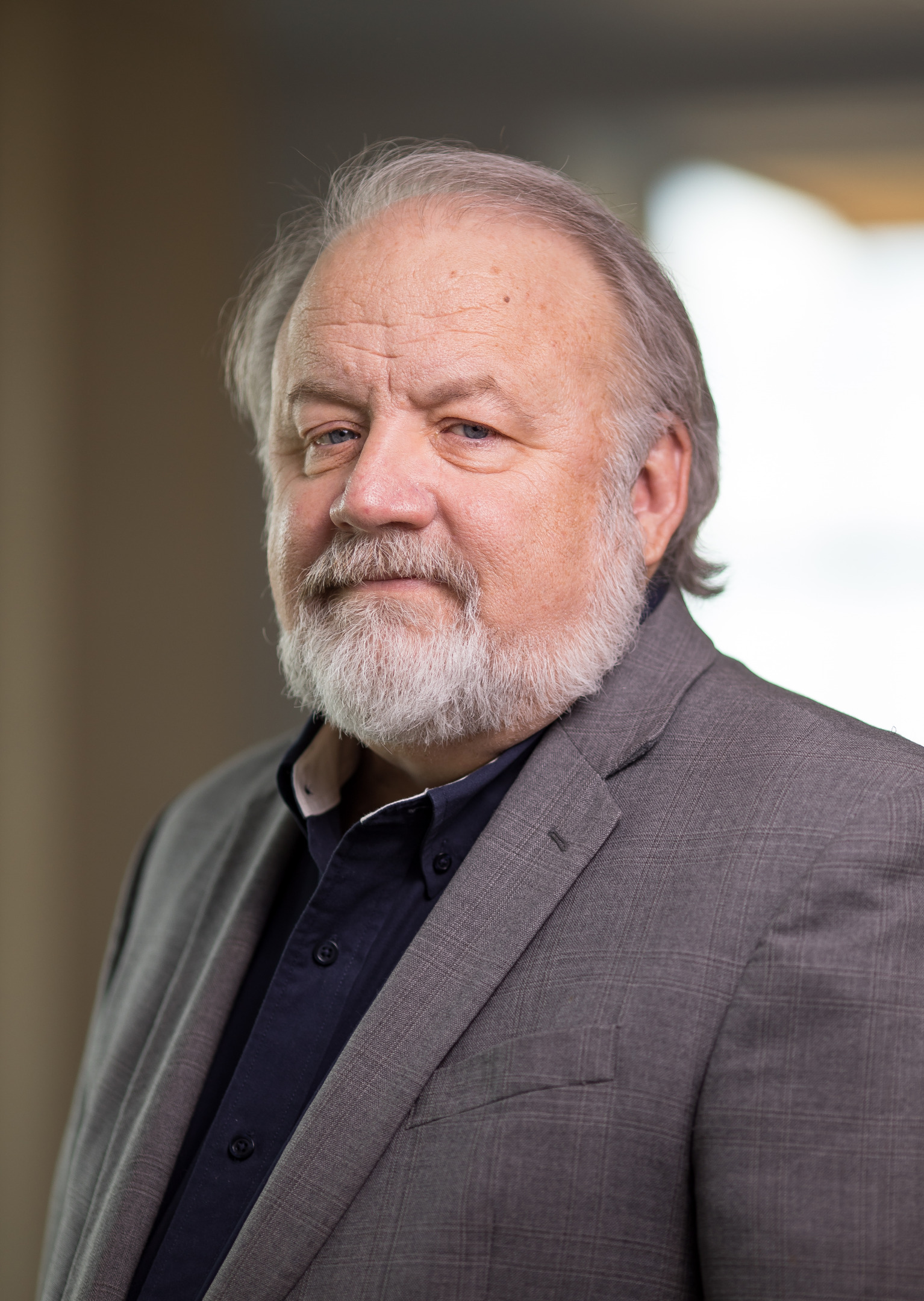
Liberty University John W. Rawlings School of Divinity Professor Dr. Gary Habermas, an esteemed apologist and recognized expert on the death and resurrection of Jesus Christ, is eliminating doubts on the validity of the Gospel message through a new documentary and his largest project to date, a multi-volume book set that is a culmination of his life’s work.
Habermas recently provided his expertise for filmmaker Robert Orlando’s new documentary “Shroud of Turin: Face to Face,” about the famous artifact that has been the object of scientists and researchers worldwide for decades. The mysterious figure on the linen, along with blood stains, are used as evidence that it was once a burial cloth — and many have set out to prove that the markings, which correspond to crucifixion wounds, are those of Jesus Christ.
The film was released in November and is currently available for rent online.
Habermas said Christian scientists believe that the famous images on the centuries-old cloth are due to an excessive amount of radiation only made possible by a supernatural resurrection.
He said he enjoyed being part of the movie production because he believes “the ‘Shroud of Turin’ has a decent chance of being authentic.”
The film takes a scientific approach to analyze various characteristics of the shroud through digital technology and includes expert interviews to determine its significance to Christ and His burial. The cloth has been preserved since 1578 in Turin, Italy.
Habermas has cowritten two books on the shroud, (“Verdict on the Shroud: Evidence for the Death and Resurrection of Jesus Christ,” 1981, and “The Shroud and the Controversy,” 1990).
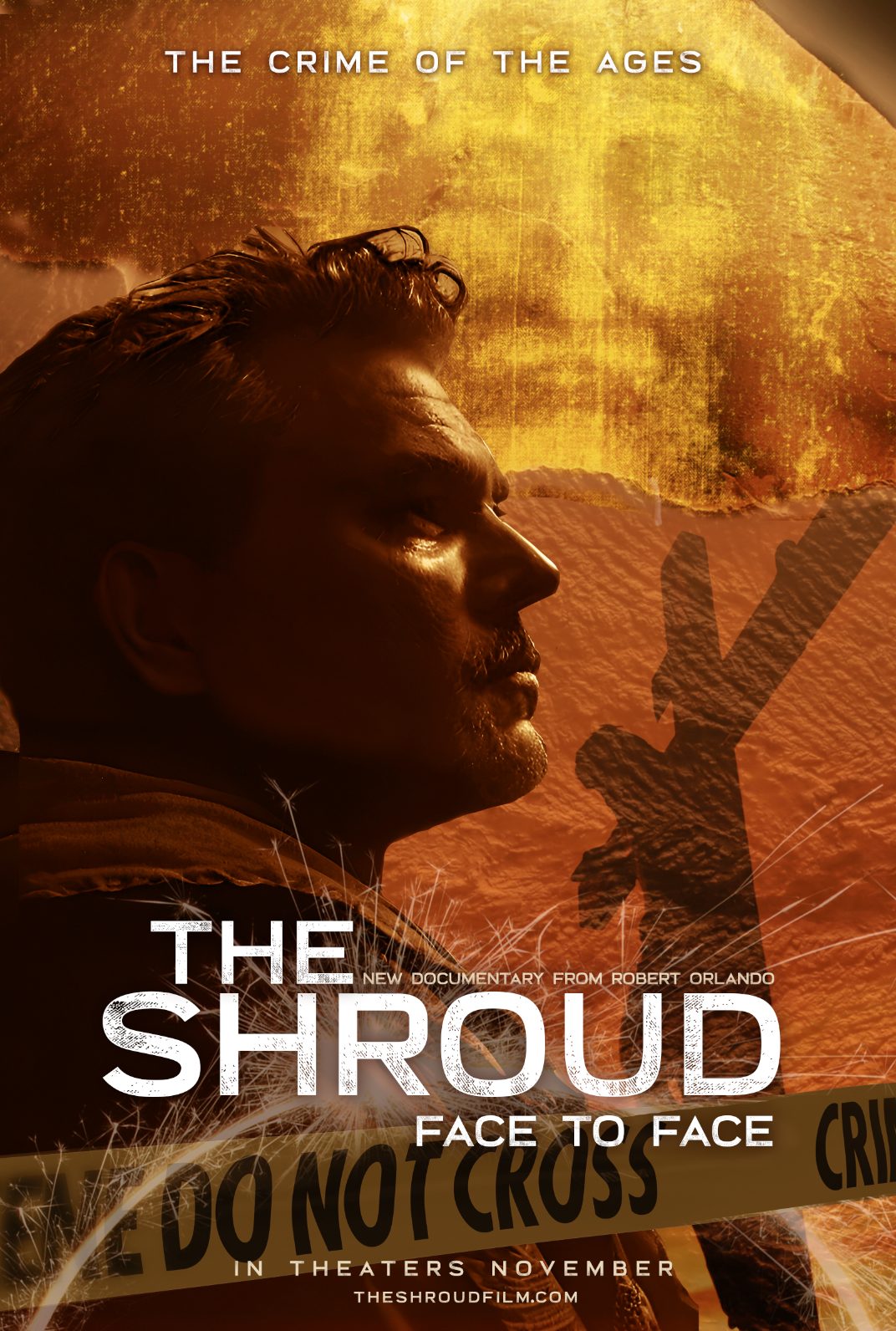 Habermas has taught at Liberty for 42 years, namely in the fields of philosophy and apologetics. He has authored almost 50 books and contributed to numerous articles and publications.
Habermas has taught at Liberty for 42 years, namely in the fields of philosophy and apologetics. He has authored almost 50 books and contributed to numerous articles and publications.
This month, Habermas published the first of four volumes of his magnum opus, “On the Resurrection: Evidences.” On Jan. 16, Amazon listed the work at No. 7 in the category of Christian Salvation Theory (books) and No. 10 in Christology (books).
Habermas said his motive to share the factual basis for the resurrection stems from a desire to quell doubts that every Christian will face at some point in their life. He said he himself struggled heavily with doubts about his faith for almost 10 years and at one point almost converted to Buddhism before reaffirming his faith in Christ.
“When I was going through these doubts, I realized very early that if the resurrection happened, that would indicate that Christianity was true by itself without the need to prove Intelligent Design, reliability of the New Testament, archeology, or Creation,” he said. “Don’t get me wrong, Christians should study and learn the data for those things, but they don’t prove Christianity. A lot of other religions believe in Creation and Intelligent Design, but if Jesus was raised from the dead by God, then God wouldn’t raise Him if He were a heretic. Therefore, what Jesus taught was true. Therefore, Christianity is true.”
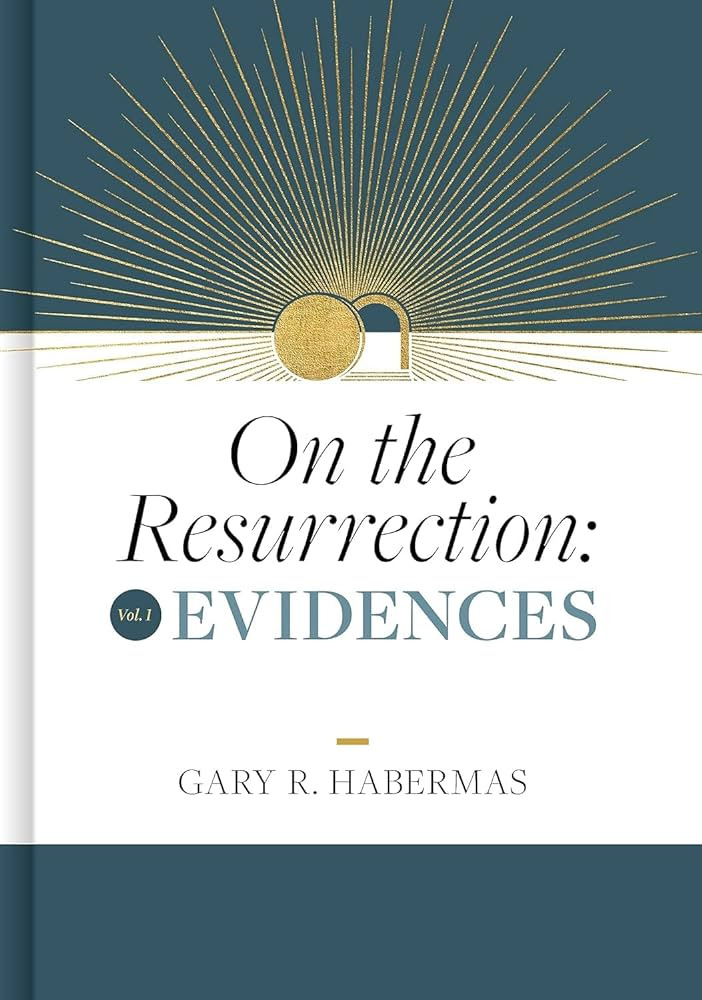
Habermas has traveled extensively to share his faith with others and help them understand why Christianity is true, noting that he does not seek personal recognition but instead is focused on proclaiming the name of Jesus.
“The Lord has put a real burden on me over the last few years to try to help people,” he said. “The joy when someone says, ‘Your book was read by umpteen people,’ that doesn’t make me a big person because the guys reading my book wouldn’t even remember my name a month later. If they were blessed by the book, then I feel like I’ve touched them.”
Habermas has also provided expertise for works on near-death experiences showing that such events do occur and are confirmed by science. He recently contributed a chapter in the 2023 book “Minding the Mind: Models of the Mind, Information, and Empirical Science,” examining the phenomenon.
Habermas’ work in the field of apologetics often extends beyond academia and has included multiple speaking engagements.
In May, he conducted a three-day seminar at the Billy Graham Training Center at the Cove in Asheville, N.C., on the topic of doubt. In October, he traveled to Atlanta, Ga., to speak at the C.S. Lewis Institute and do an interview with Focus on the Family. While in Georgia, he also led a Bible study on the topic of the resurrection for many high-ranking executives of the Atlanta Braves for the second straight year.
Between all of his different responsibilities, Habermas maintains a passion to spread the Gospel and see the lost come to Christ. He often receives letters from people who claim to be former atheists and became Christians because of his books.
“When things like that happen, that totally floats my boat,” he said. “(Battling doubt) is where the ministry came from. I, myself, was doubting at one point, and I needed to hear the truth of the Gospel. I’m so thankful … If I can help people, I am very happy.”
